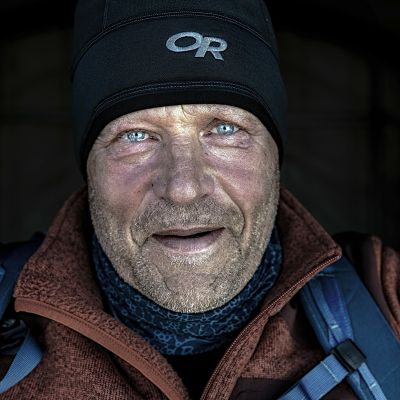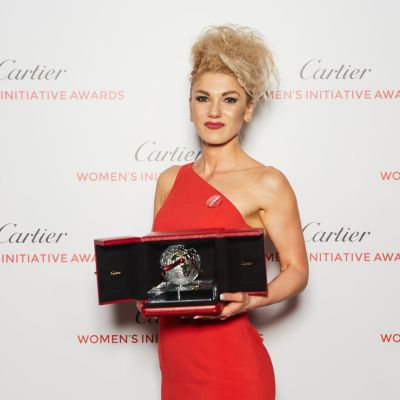Better Together
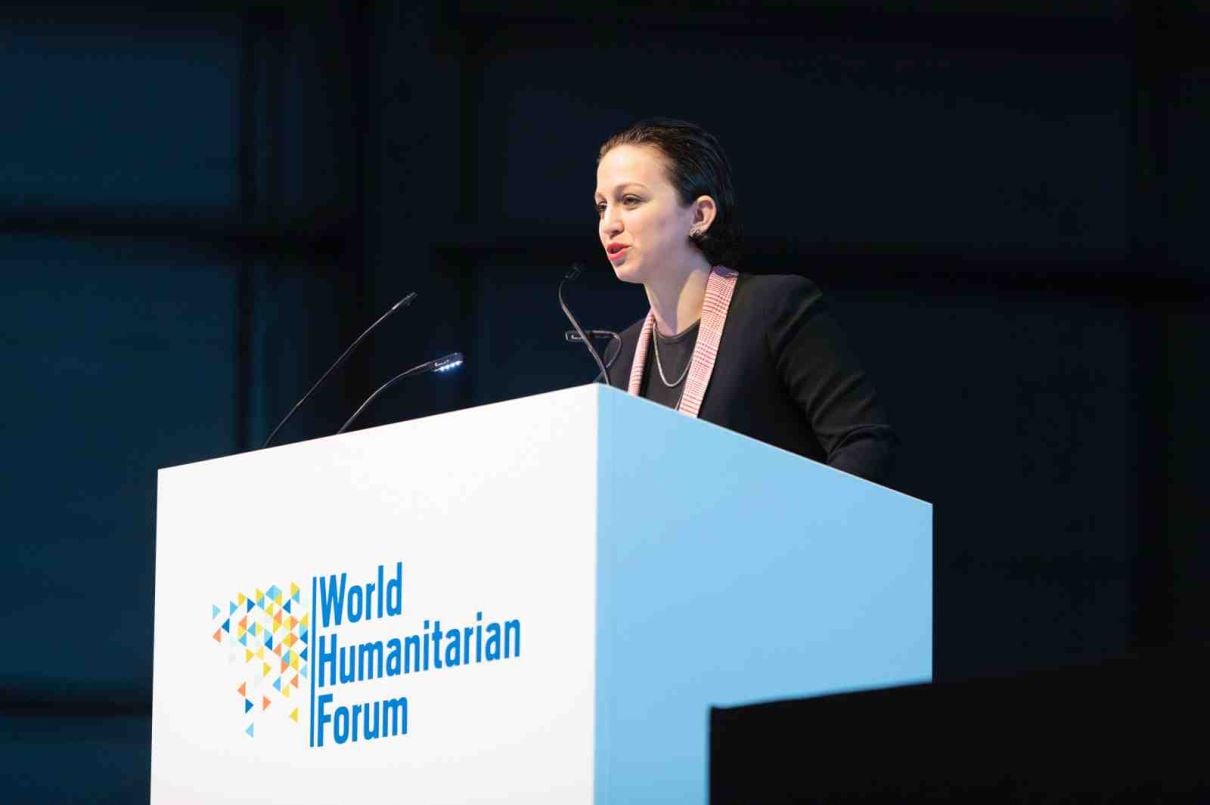
The World Humanitarian Forum was born from the World Humanitarian Summit, brainchild of former UN Secretary General Ban Ki Moon.
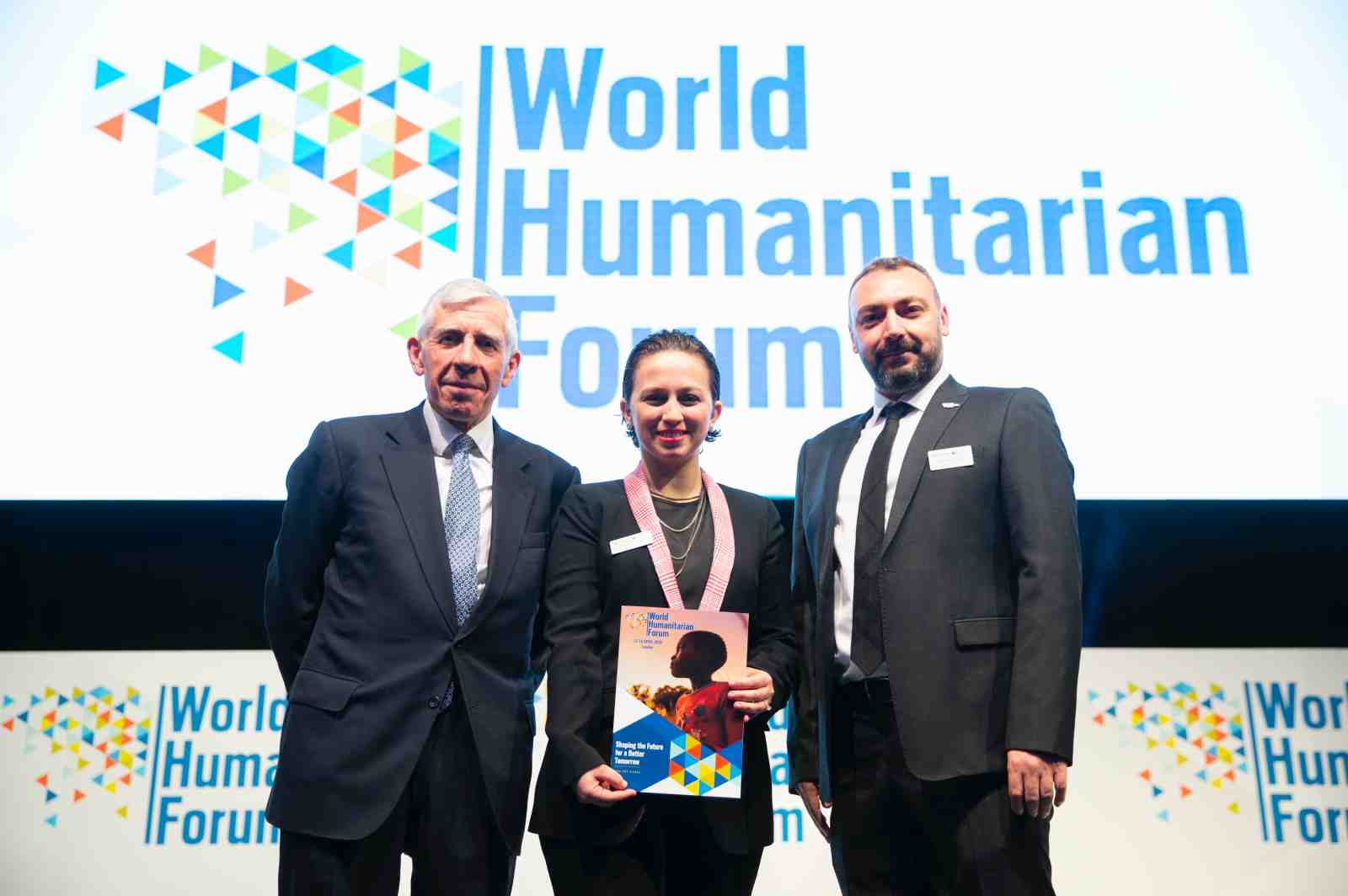
“The world does not need another think-tank. We consider ourselves a do-tank,” says Feraye Ozfescioglu, Turkish-born chief executive of the World Humanitarian Forum (WHF), which offers humanitarian aid and international development.
We are speaking in Ras Al-Khaimah, about a hundred kilometres from where COP28 is taking place in Dubai in December 2023. There’s been a lot of press about how much quantifiable good events like COP28 really achieve, and whether they’re worth the enormous carbon footprint. Do we need another forum?
“You must be able to measure the impact, to a degree, that these events are having. Not everyone needs to be present at an event in person, we can use technology efficiently these days. Events can be wasteful, and we know the world is done with talk shops at this stage.
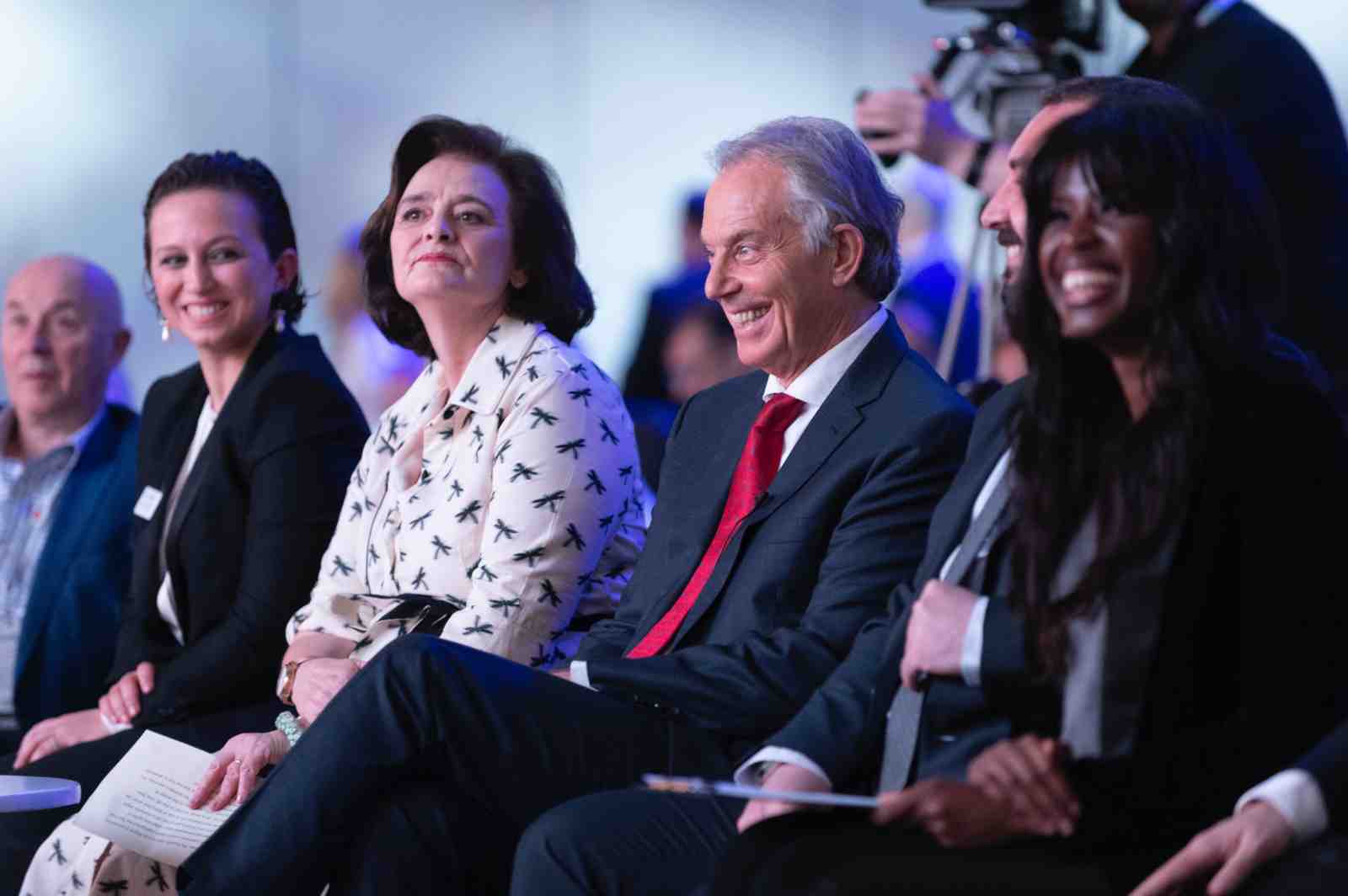
“But done in the right way, better dialogue is essential. We see conflict happening all around the world and it is because there isn’t enough dialogue.”
She would know. In her 20 years of working in humanitarian and international development, the former United Nations consultant has helped organise G7 and G20 summits, expo organisations and she was the event director of the first ever World Humanitarian Summit.
WHF was formed after the World Humanitarian Summit, which was an initiative of Ban Ki-moon, former UN secretary-general, and Ozfescioglu has been CEO for seven years now. The focus of WHF, she tells me, is working as a convener and a platform, driving change through dialogue and being a catalyst in building partnerships while producing measurable results.
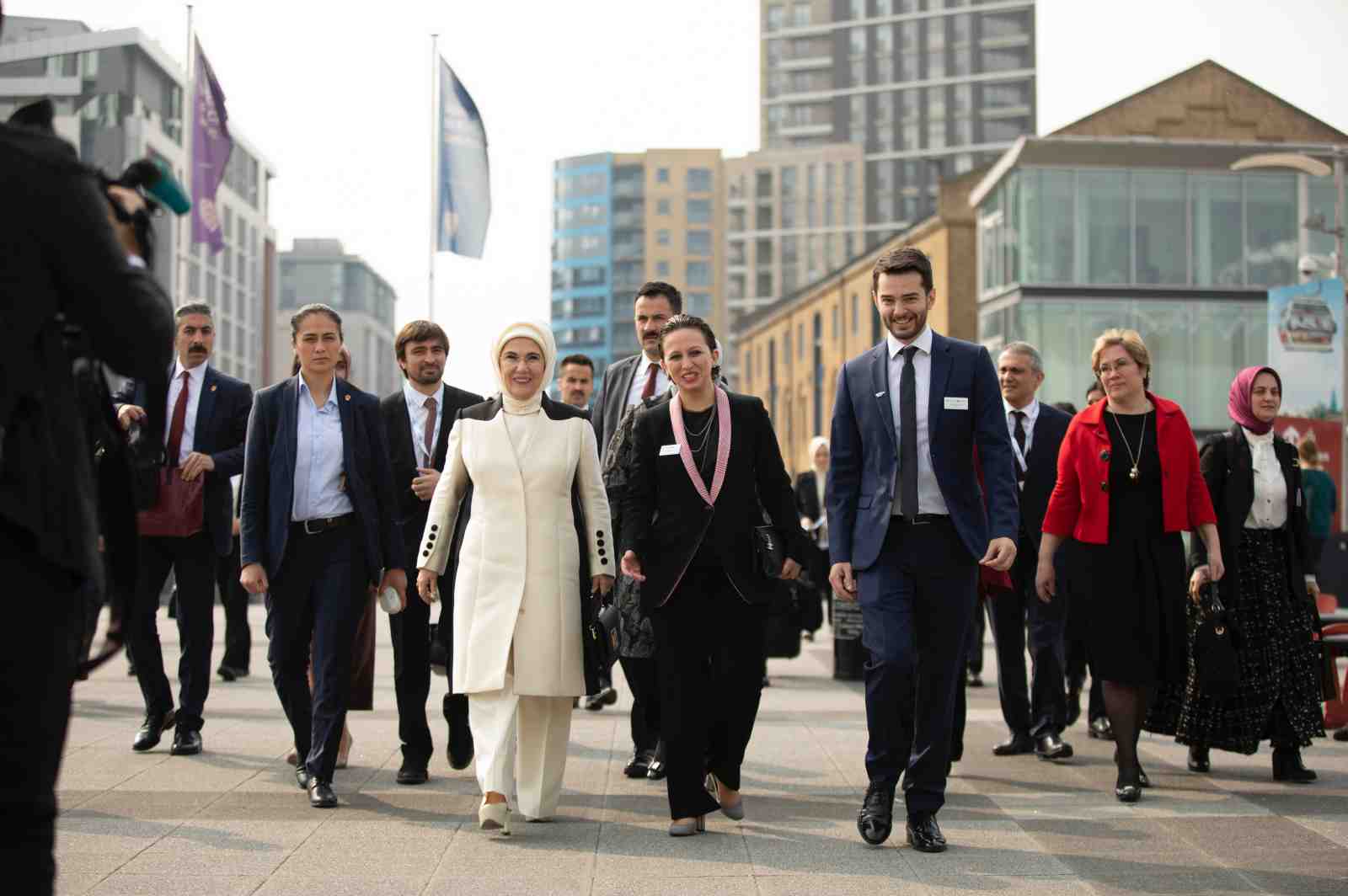
To date, the WHF and its partners and alliances have raised £9 billion to fund development programmes, of which £2.1 billion came directly through WHF. The key to achieving goals in such a resounding and evident way, says Ozfescioglu, is simple: partnerships, partnerships, partnerships.
“When we look at all the 17 sustainable development goals established by the UN in 2015, the most critical one is sustainable development goal 17, the one about meeting goals through partnerships. If you unlock this one, it unlocks many others,” she says. The partnerships made are strongly focused on development as opposed to aid, which she says is key. “At WHF we don’t define humanitarianism as aid only, we’ve had to redefine it in our new world. It is now more about every individual being a humanitarian at their core, dedicated to purpose and impact.
“Of course, in some circumstances we need aid, because of conflict, because of climate change, forced migration, etc. But in developing countries and least developed what is needed is development; investing in humanity, investing in youth, investing in women, which is a much better use of impact dollars.”
One such partnership is with UNICEF and UNESCO to create an Alliance on Advancing Education for Girls. “Today, about two-thirds of the 759 million adults worldwide who lack basic literacy skills are women, but women hold the key to lifting countries out of poverty,” says Ozfescioglu.
Reports estimate that for every dollar invested in girls’ rights and education, developing nations could see a return of some US$2.80. Within this partnership there is an initiative called World Refugees School, and another, Educate a Girl, which helps girls in Afghanistan learn online.
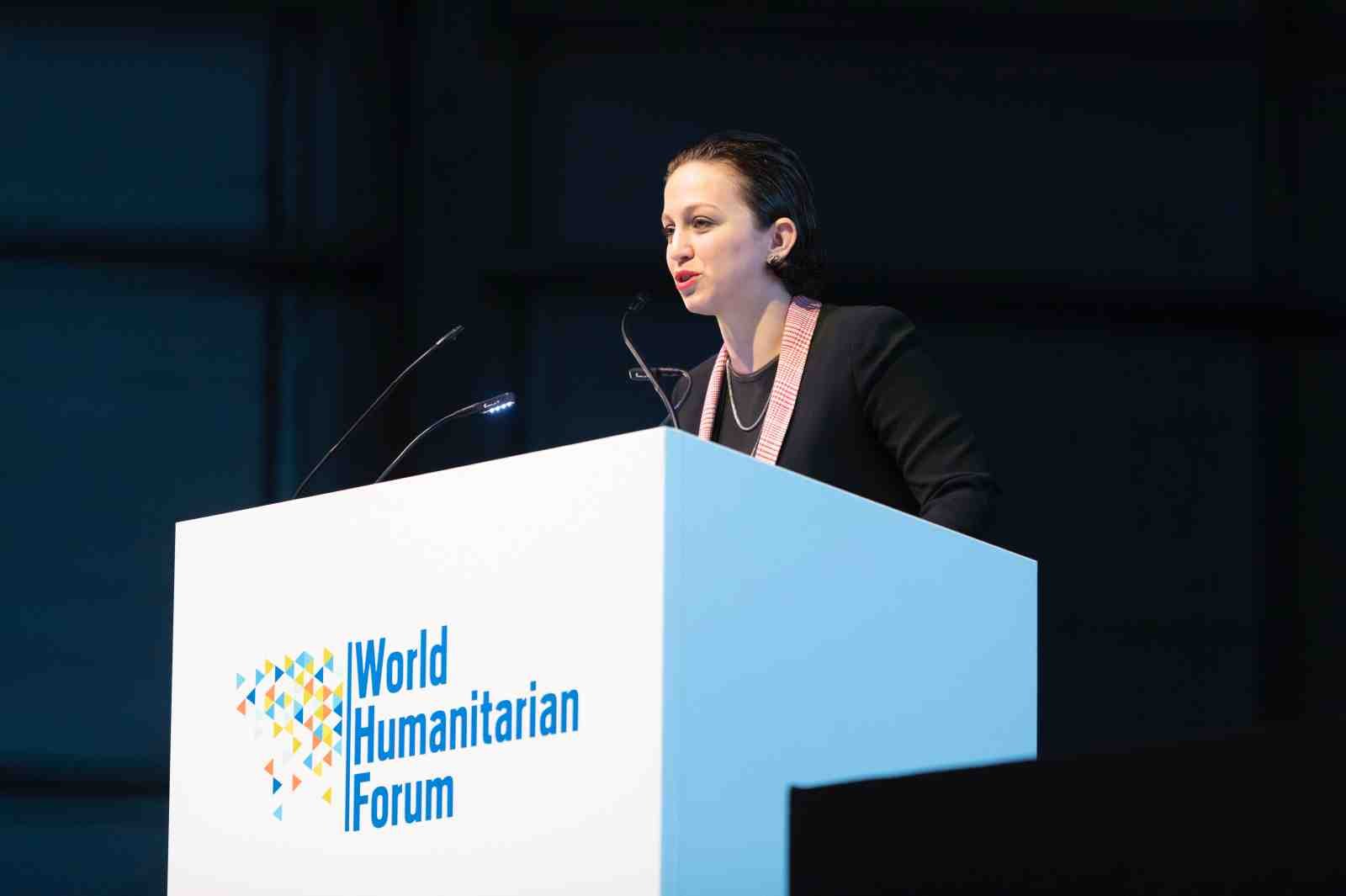
Recent cuts in government aid have forced many working in the humanitarian sector to pivot.
Ozfescioglu is also working towards launching a new impact investment fund called WHF Ventures, as part of WHF’s 5th Revolution manifesto to be operational from 2025 with a projected asset base of £10 million. The fund was set up to tap a new type of giver. Previously, WHF raised funds from philanthropists, governments, and corporates. Not anymore. “There have been huge cuts in aid budgets from governments, like you’ve seen in the UK, and other countries are following that route. Government funding has come to an end. Yes, there has been additional funding from philanthropists and corporations and ESG policies, but the gap is huge and getting wider and these interventions are not enough.”
The fund will benefit women, youth, small social entrepreneurs, provide upskilling and reskilling to allow this generation to be ready for the future of AI, she says. Unicef is a partner that will provide the training in incubation centres, with a year of mentorship if the initiatives are scalable enough.
A financial return is expected on the fund. Ozfescioglu suggests around 2.5 to 3 per cent and the minimum investment is US$50,000. “It’s a philanthro-capitalist approach,” she says.
The WHF has recently called for the next World Humanitarian Summit, scheduled to take place in 2025. Consultation meetings commence in June 2024 in London with 8 other thematic sub-summits that will pave the way.
Ozfescioglu says: “We have to transition from funding to financing, from aid, to development. And we have a responsibility to show investing in humanity can still make a profit.”
This article originally appeared in Billionaire's The Power of Women Issue. To subscribe click here.

